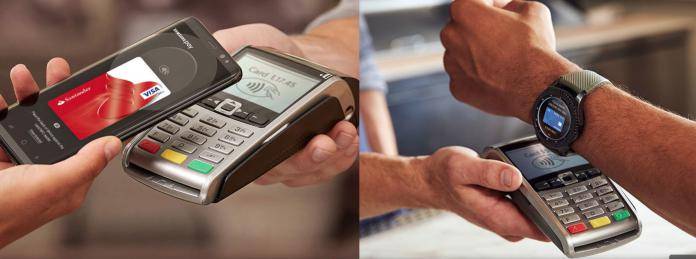
Mobile payment platforms still have a long (and slow) way to go but OEMs aren’t giving up on it, despite the challenges of bringing it to different markets, dealing with government regulations and partnering with financial institutions. Samsung Pay is now celebrating its 3rd year by sharing that they are now present in 6 continents and 24 markets around the world, including South Africa which launched at the end of last month. They have also surpassed 1.3 billion transactions across all those markets.
Aside from its tap-to-pay solution, the platform also has several value-added services although not all of them are present in all the 24 markets where Samsung Pay is available. For example, you can use your mobile wallet to make online payments as well, although this will only work for 15 of those markets, including Australia, Brazil, Switzerland, and Taiwan. You can also use your phone as your transit card in 5 markets, including China, Hong Kong, Singapore, South Korea, and the UK.
Another bonus that Samsung Pay users get is that they can integrate their loyalty and membership cards to their accounts, so you don’t have to bring the physical cards everywhere you go. You can even use your phone for ATM transactions but it’s just available in 5 markets, namely Russia, South Korea, UAE, the US, and Vietnam. There’s even a Pay Planner app in South Korea and the UAE that can help you track your transaction history and analyze your spending.
You can also earn points by using the mobile payment platform through Samsung Rewards. You can use the points to buy merchant partner vouchers as well as Samsung products and services, although you can do so in 10 countries only. Samsung Pay also has Bixby integration so you can use voice commands to make purchases with some merchants.
While 24 markets and 1.3 billion transactions may not seem much, mobile payment platforms have to deal with a lot of things in order to make things happen. Samsung says they deal with a localized approach for every market, so it’s understandable why things are still pretty “slow” as compared to other features and technologies.
SOURCE: Samsung









